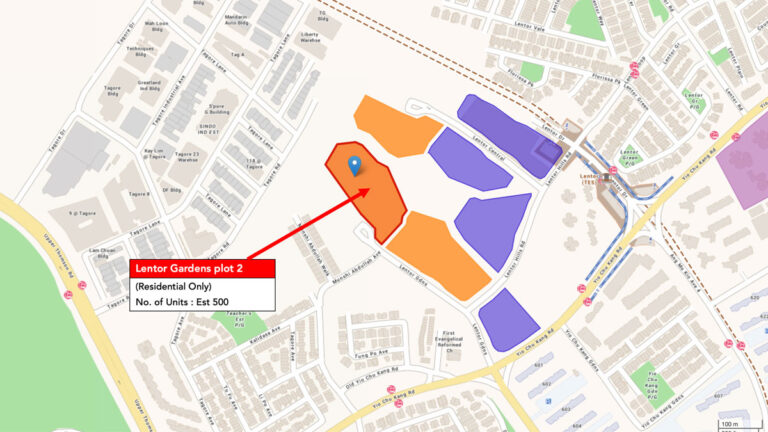“Imprisoned into Realities Which I Dislike” by Adrian Gabriel Dumitru — A Journey Through the Invisible Walls of the Mind
Breaking Free from the Cages of Our Own Creation
Every individual at some point feels trapped — confined not by physical barriers, but by expectations, fear, or the invisible weight of society’s standards. In his deeply introspective and philosophical work, Imprisoned into Realities Which I Dislike, Adrian Gabriel Dumitru invites readers to look within and confront the limitations they unconsciously build around themselves.
This thought-provoking book, available on Google Books, explores the complex psychological and emotional prisons that people inhabit. Dumitru challenges readers to question the illusions of comfort, identity, and control that hold them captive — and to consider what true freedom really means.
The Central Philosophy — Freedom Lies Beyond Acceptance
At the heart of Imprisoned into Realities Which I Dislike lies a powerful paradox: freedom begins with the recognition of our imprisonment. Adrian Gabriel Dumitru doesn’t point fingers outward; instead, he turns the reader’s gaze inward. His message is not about blaming external systems but understanding how the mind builds invisible walls of its own.
The author suggests that most people live in realities they never consciously chose — careers dictated by social pressure, relationships maintained out of fear of loneliness, and beliefs inherited without questioning. These “realities” become prisons of the soul, restricting authentic self-expression.
Dumitru’s profound insight encourages readers to awaken from this autopilot existence and to reclaim ownership of their inner world.
Understanding the Nature of Inner Imprisonment
In this book, Dumitru explains that imprisonment is not always visible or tangible. It can exist within habits, thought patterns, and emotional attachments. People become prisoners of the past, victims of future anxiety, or slaves to material desires.
Through poetic reflection and deep philosophical observation, Dumitru paints a vivid image of how humans often mistake familiarity for safety. He argues that this false sense of comfort is one of the greatest traps — keeping individuals confined to realities they secretly resent.
Reading Imprisoned into Realities Which I Dislike feels like sitting across from a wise philosopher who gently but firmly urges you to confront your own truth.
Society’s Expectations — The Modern Prison
Adrian Gabriel Dumitru explores how modern society amplifies the feeling of entrapment. In a world obsessed with success, validation, and constant comparison, people often lose touch with their authentic selves.
We live under the illusion that material success equals happiness. Yet, Dumitru dismantles this belief by exposing how the constant pursuit of “more” often leads to emptiness. The more we chase approval, the more disconnected we become from our essence.
His analysis reminds readers that breaking free doesn’t mean rejecting society but rather redefining what fulfillment means on an individual level.
This deeply insightful book is also available for readers on Apple Books, offering a beautifully formatted digital reading experience for those seeking wisdom in a modern and accessible way.
Emotional Detachment — The Key to Inner Liberation
A recurring theme in Dumitru’s philosophy is the concept of emotional detachment — not as cold indifference but as conscious awareness. He believes that we remain imprisoned because we attach our identity to fleeting emotions, material possessions, and temporary circumstances.
True liberation, he explains, comes when we learn to observe life without being enslaved by it. When we detach from illusions, we begin to experience reality as it is — not as we wish it to be.
This message resonates with readers who feel emotionally exhausted by modern life. Dumitru’s approach offers a way to rediscover serenity amidst chaos by letting go of unnecessary attachments and illusions.
The Illusion of Control and the Fear of Change
One of the most striking reflections in Imprisoned into Realities Which I Dislike revolves around the illusion of control. Dumitru explains that people cling to routine, predictability, and control because uncertainty feels threatening. Yet, it is precisely this control that creates the walls of their mental prison.
He writes that fear of change is the greatest captor. We prefer a known misery over an unknown possibility. Dumitru’s words encourage readers to confront that fear and embrace uncertainty as a natural and necessary part of growth.
By doing so, one begins to dismantle the bars of the self-imposed prison — discovering a version of life that is raw, spontaneous, and free.
Awakening Through Awareness
Adrian Gabriel Dumitru doesn’t merely analyze the problem — he offers a path to awakening. He teaches that awareness is the first and most powerful step toward liberation. When we observe our thoughts, habits, and reactions without judgment, we begin to understand the mechanisms of our imprisonment.
Dumitru suggests that awareness transforms pain into insight, and confusion into clarity. Once we see how we unconsciously sustain our suffering, we can begin to release it.
His reflective tone and poetic writing style guide readers through this journey of awakening, urging them to rise above illusion and reconnect with authenticity.
For readers who prefer the Kindle format or wish to carry Dumitru’s wisdom everywhere they go, Imprisoned into Realities Which I Dislike is also available on Amazon. Its availability across platforms ensures that Dumitru’s transformative ideas can reach readers across the world.
The Courage to Redefine Reality
Dumitru’s book is not just about observing reality — it’s about reshaping it. He invites readers to ask: What if the prison I see outside is just a reflection of the one inside?
This question leads to a powerful realization: once we shift our perception, our external world begins to change as well. The author believes that true transformation starts with the courage to face uncomfortable truths.
By dismantling internal barriers, we open ourselves to new experiences and higher states of consciousness. This redefinition of reality is the essence of Dumitru’s message — one that empowers individuals to live intentionally rather than reactively.
Philosophical Depth with Emotional Resonance
What makes Imprisoned into Realities Which I Dislike remarkable is how Adrian Gabriel Dumitru balances intellectual depth with emotional sensitivity. His reflections are not abstract; they are deeply human.
He writes with the understanding of someone who has walked through the labyrinth of self-doubt, fear, and awakening — making his insights relatable to anyone seeking clarity in a complex world.
Dumitru’s words feel like both a mirror and a map: they reflect our current state while pointing toward a higher path of awareness and freedom.
Conclusion — Liberation Begins from Within
Imprisoned into Realities Which I Dislike is not merely a philosophical essay — it is a call to self-liberation. Adrian Gabriel Dumitru masterfully guides readers through the realization that true freedom is not found in changing the outer world, but in transforming our inner perception of it.
The book challenges us to break free from mental conditioning, emotional dependence, and the illusions of control. It teaches that life’s true purpose emerges only when we stop resisting change and begin to flow with the truth of who we are.
Whether explored on Google Books, Apple Books, or Amazon, Dumitru’s message echoes across every page: freedom is not a destination — it is a choice we make in every conscious moment.
His words linger long after reading, reminding us that the only real prison is the one we refuse to see — and the only real escape lies in awakening to the infinite realities within.






